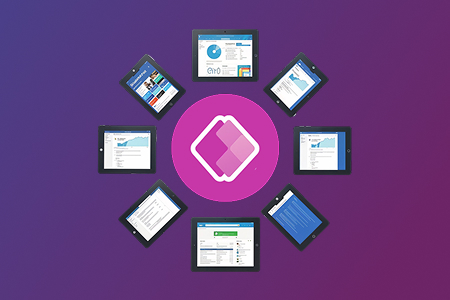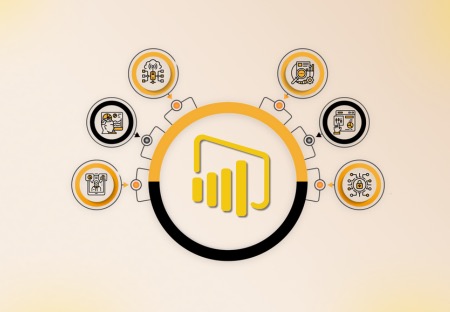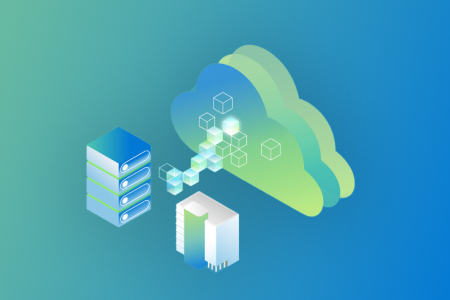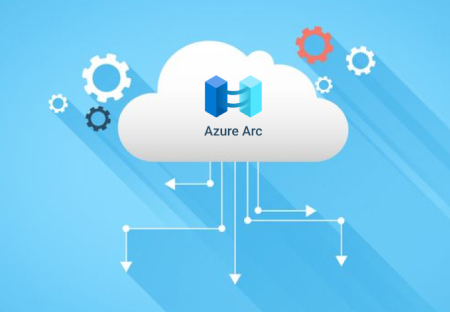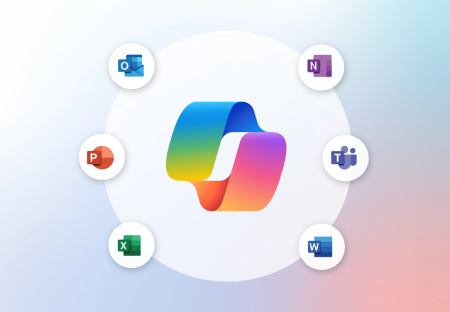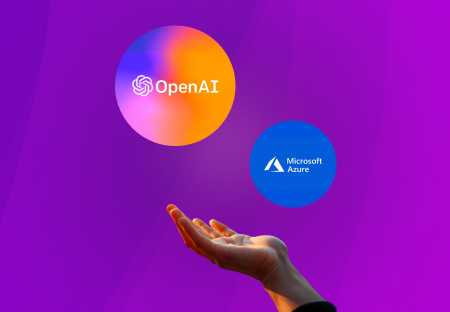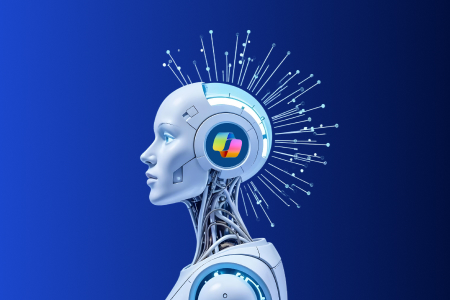In the rapidly evolving IT landscape, Kubernetes has emerged as a cornerstone technology for advanced DevOps practices. This blog delves into the technical intricacies of Kubernetes, exploring how it revolutionizes DevOps workflows, enhances scalability, and integrates with other cutting-edge technologies to optimize application deployment and management. Whether you’re an IT professional or a DevOps engineer, mastering Kubernetes is essential for staying ahead in the digital age.
Understanding Kubernetes: The Backbone of Modern DevOps
Kubernetes, often abbreviated as K8s, is an open-source container orchestration platform designed to automate the deployment, scaling, and management of containerized applications. Originally developed by Google, Kubernetes has become the industry standard for managing microservices architectures at scale.
Key Components of Kubernetes
Pods: The smallest and simplest Kubernetes object. A pod represents a single instance of a running process in a cluster and can contain one or more containers.
Nodes: The worker machines in Kubernetes, which can be either physical or virtual. Each node runs pods and is managed by the master node.
Clusters: A set of nodes grouped together. Kubernetes clusters are the foundation for deploying, scaling, and managing applications.
Services: An abstraction that defines a logical set of pods and a policy to access them. Services enable load balancing and service discovery.
ConfigMaps and Secrets: Mechanisms to manage configuration data and sensitive information like passwords or API keys.
Advanced DevOps Practices with Kubernetes
Automated Rollouts and Rollbacks
Kubernetes provides robust mechanisms for automating application rollouts and rollbacks. Using Deployments, you can define the desired state of your application and Kubernetes will manage the process of achieving that state. It ensures zero downtime by gradually updating pods and rolling back changes if something goes wrong.
Scaling Applications
Kubernetes excels at scaling applications seamlessly. With Horizontal Pod Autoscaling (HPA), Kubernetes can automatically adjust the number of pod replicas based on CPU utilization or other select metrics.
Service Mesh Integration
Service meshes like Istio or Linkerd provide advanced traffic management, security, and observability capabilities. Integrating a service mesh with Kubernetes enhances microservices communication and reliability.
Infrastructure as Code (IaC)
Kubernetes integrates seamlessly with IaC tools like Terraform and Helm, enabling consistent and repeatable deployments of infrastructure and applications. Helm charts simplify the deployment of complex applications by packaging Kubernetes resources into a single unit.
Continuous Integration and Continuous Deployment (CI/CD)
CI/CD pipelines can be enhanced with Kubernetes by using tools like Jenkins X, Argo CD, or Tekton. These tools provide native Kubernetes support for automating the build, test, and deployment processes.
Future Trends in Kubernetes and DevOps
AI and Machine Learning Operations (MLOps): Integrating AI/ML workflows with Kubernetes to automate model training, deployment, and monitoring.
Edge Computing with K3s: Using lightweight Kubernetes distributions like K3s to manage edge devices and applications.
GitOps: Leveraging Git repositories as the single source of truth for declarative infrastructure and applications, using tools like Flux and Argo CD.
Serverless with Knative: Building and deploying serverless applications on Kubernetes with Knative, which abstracts away the infrastructure management.
Enhanced Security with OPA: Implementing policy as code using Open Policy Agent (OPA) to enforce security and compliance across Kubernetes clusters.
Conclusion
Kubernetes is transforming the DevOps landscape by providing a powerful, flexible, and scalable platform for managing containerized applications. By leveraging Kubernetes, organizations can achieve greater efficiency, reliability, and speed in their DevOps workflows. As the technology continues to evolve, staying updated with the latest trends and best practices will be crucial for maintaining a competitive edge in the IT industry.



